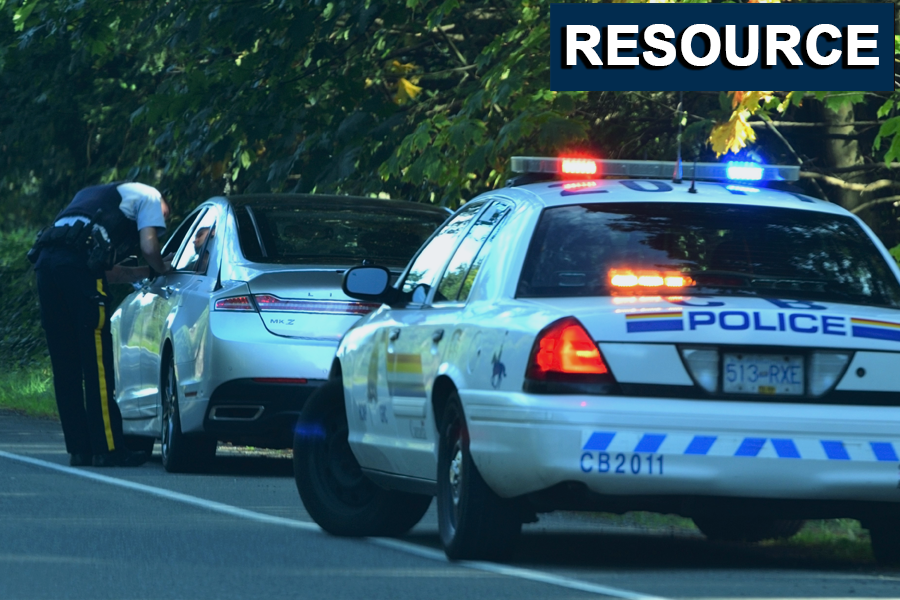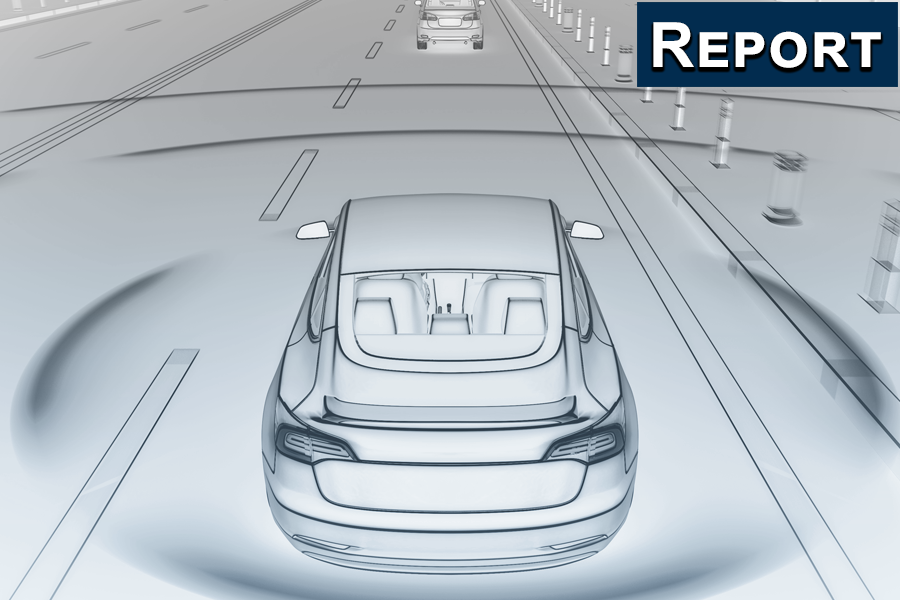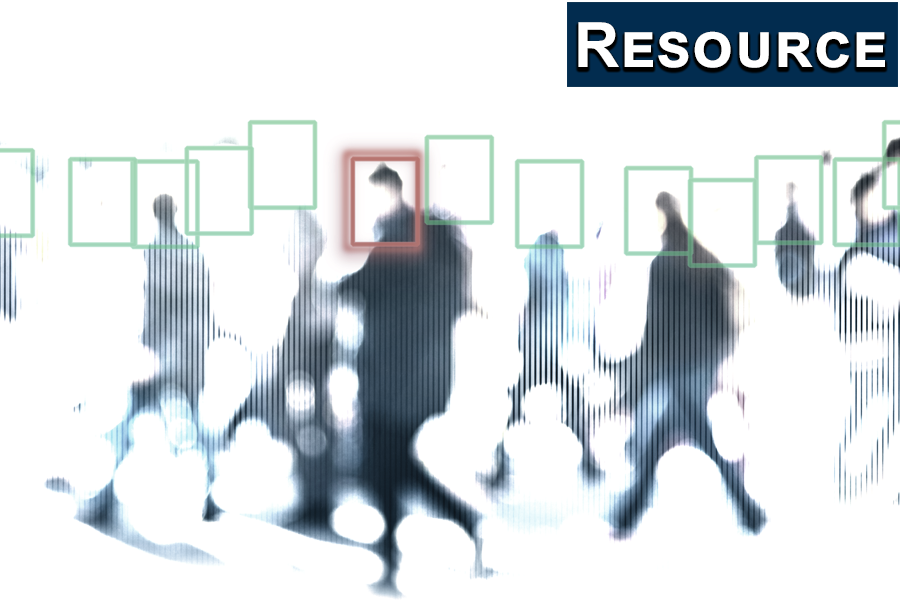Read the full resource: Addressing Pretext: Potential Legislative Approaches (.PDF)
Addressing Pretext: Potential Legislative Approaches
Overview
One of the longstanding problems in policing has been the pretextual use of low-level traffic and pedestrian stops as a strategy to address more serious crime. While there may be some limited role for pretextual enforcement to investigate specific serious crimes, its over-use has exacerbated racial disparities in policing; unnecessarily pulled individuals into the criminal justice system for very minor misconduct; generated a great deal of distrust between police and communities; and done very little to address serious violent crime. Although it may be difficult to prohibit pretextual policing outright, states can take measures to shift the incentives around pretextual policing and limit its use.
Key TakeAways
1). Prohibit stops for certain equipment and low-level traffic violations: This method prohibits officers from making stops solely to enforce certain low-level infractions, which some states have already done around seatbelt or texting laws.
2). Limit what officers can do during stops (for example, prohibit or limit consent searches): These sorts of reforms limit the possibility of fishing expeditions, which not only reduces the incentive to make stops, but also can reduce the intrusiveness of the stops that do take place
3). Limit the use of outstanding warrants: Outstanding warrants can incentivize stops and increase their intrusiveness. There are a number of things that states can do to reduce reliance on warrants, including limiting their use for unpaid tickets, fines, and other low-level offenses.









Working Draft For Public Review